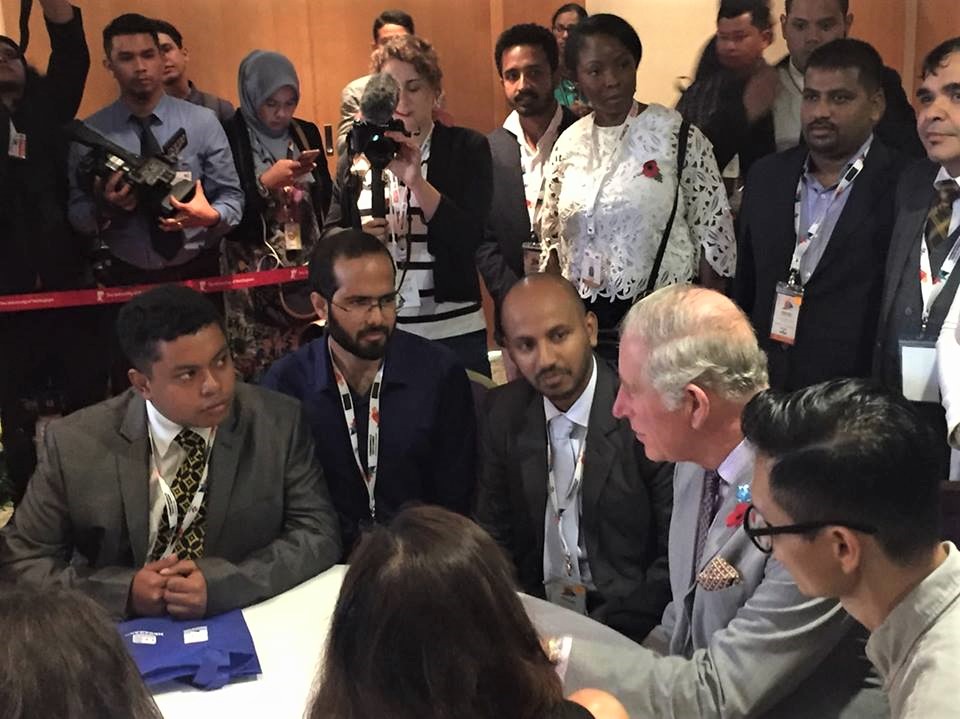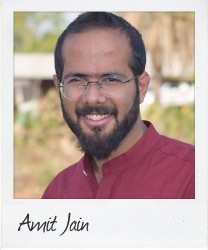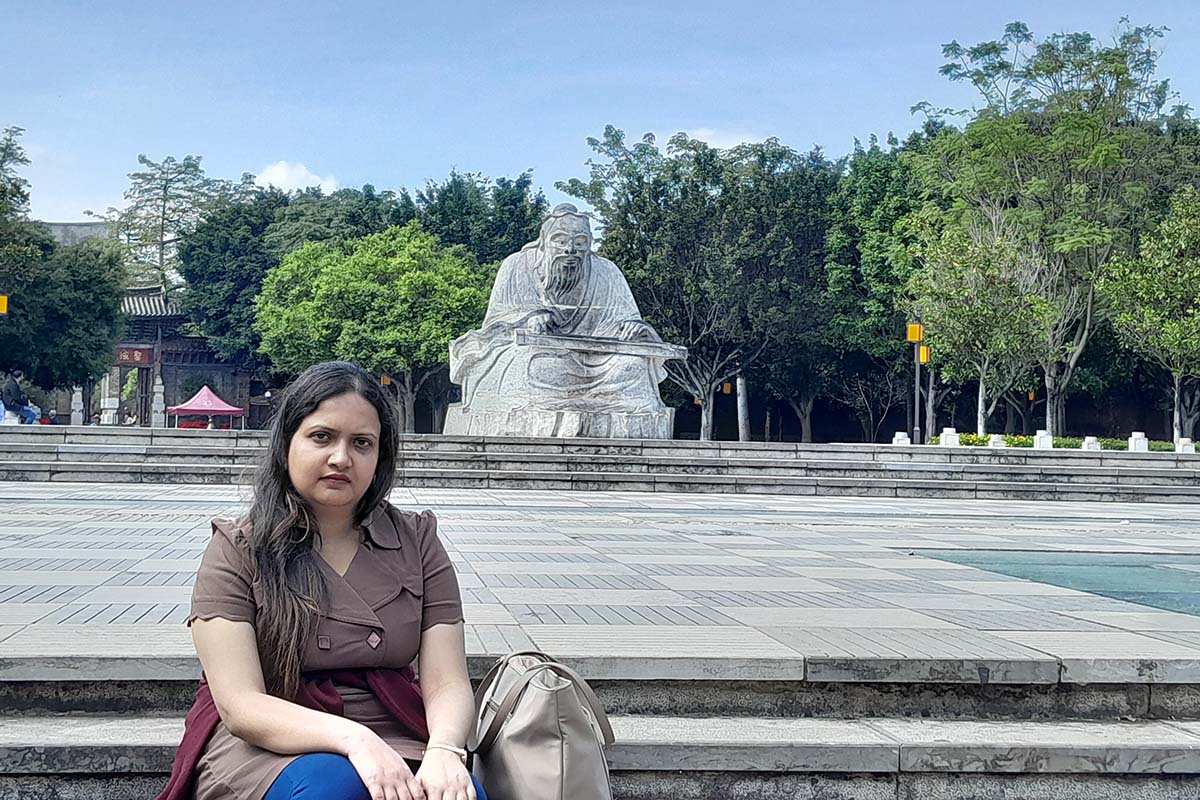“Invisible women, invisible problems: widows”
November 30Among the talk about girls and women, gender equality and reduced inequality, Amit Jain, 26, a Correspondent from Pune, India argues there is one area where women are most harmed, yet few people are working toward innovative solutions.
What I’m talking about here is the grave issue of the life of widows. Absent in statistics, unnoticed by researchers, neglected by national and local authorities and mostly overlooked by civil society organisations, the situation of widows is dramatic and, in effect, invisible.
Widows are often evicted from their homes and physically abused – some even fatally. In many countries, a woman’s social status is inextricably linked to her husband’s, so that when her husband dies, a woman no longer has a place in society. To regain social status, widows may be expected to marry one of their husband’s male relatives, sometimes unwillingly. For many, the loss of a husband is only the first trauma in a long-term ordeal.
I am working for a cause which is very close to my heart, Widows Empowerment, because I lost my father when I was three years old. I have personally struggled throughout my life because of this very issue. There was a time when we did not have enough to eat, forget about basic necessities and good education.
But now the only reason I am standing on my feet, whatever I am, is because of my mother. She has struggled so much to give me a good education. She always supported me, and from my own personal experience I know the difficulties faced by a widow. That’s why I have just one goal in my life: to make the life of every widow better. I want to provide them happiness and give them the respect and dignity they deserve, and work towards gender equality.
In India alone, there are more than 40 million widows, so you can imagine how burning this issue is. When I started with this mission, my Mom was with me, standing beside me with all the blessings in her eyes. We both visited widows to try to understand their problems and work toward solving their problems. What we discovered was that while there are more than 40 million widows, there was no particular social group working for solely this cause. So we decided to take this issue in our hands and started on this very mission.
To tackle this issue, I started a non-profit organisation named Mitti Ke Rang, where we believe that a woman’s identity should not be defined by her husband and that she should be viewed on her own merits. With this vision, we have strived towards our goal of gender equality and women empowerment over the last two decades.
The work of Mitti Ke Rang Foundation is aimed at improving the lives of widows, single women and their families around the world. We achieve this by implementing poverty-reduction strategies and providing educational opportunities for widows and their children. In this way, we give back to these families the fundamental right to secure their own future.
Because of this initiative towards Widows Empowerment, I was recently appointed as a Global Youth Ambassador of World At School (United Nations). World at School is a diverse movement of youth, business leaders, and influential individuals and organisations aimed at making sure all children receive quality education that is safe and free from discrimination. As Ambassadors, our mission is to accelerate practical problem-solving for sustainable development; importantly, Sustainable Development Goals related to education and gender equality at local, national, and global scales.
Recently, I had an opportunity to represent India at the Commonwealth Youth Summit held in Malaysia, where we met with His Royal Highness Prince Charles and leaders from more than 25 countries. Here, I asked them to open a dialogue of the problems faced by widows, as there is no one currently advocating about it or trying to bring a change in spite of the problems faced by more than 245 million widows worldwide. I requested the fellow delegates to share the story of widows of their country, and the way they are perceived, to get a perspective. We discussed how we all can come together and solve this ever-growing and pressing problem.
My aim is to one day wake up to find that gender equality is real. That she can safely stay out late at night. She can wear whatever she wants without worrying about being harassed. That she is free to live by herself if she wants to. That she can lead a dignified life on her own terms and conditions. That she can live up to her potential without being judged on her gender. That she feels alive!
Twitter: @amitjainmkr
Photo: Amit Jain and delegates meet with HRH Prince Charles. Courtesy of Amit Jain
…………………………………………………………………………………………………………………
About me: I am a graduate in commerce from the University North Maharashtra. At present I am a running a NGO name Mitti Ke Rang. I am passionate about changing the way people think about widows, and about gender equality. I am also a Shaper with the Global Shapers Community and a Global Youth Ambassador – A World at School.
…………………………………………………………………………………………………………………
Opinions expressed in this article are those of the author and do not necessarily represent the views of the Commonwealth Youth Programme. Articles are published in a spirit of dialogue, respect and understanding. If you disagree, why not submit a response?
To learn more about becoming a Commonwealth Correspondent please visit: http://www.yourcommonwealth.org/submit-articles/
…………………………………………………………………………………………………………………







